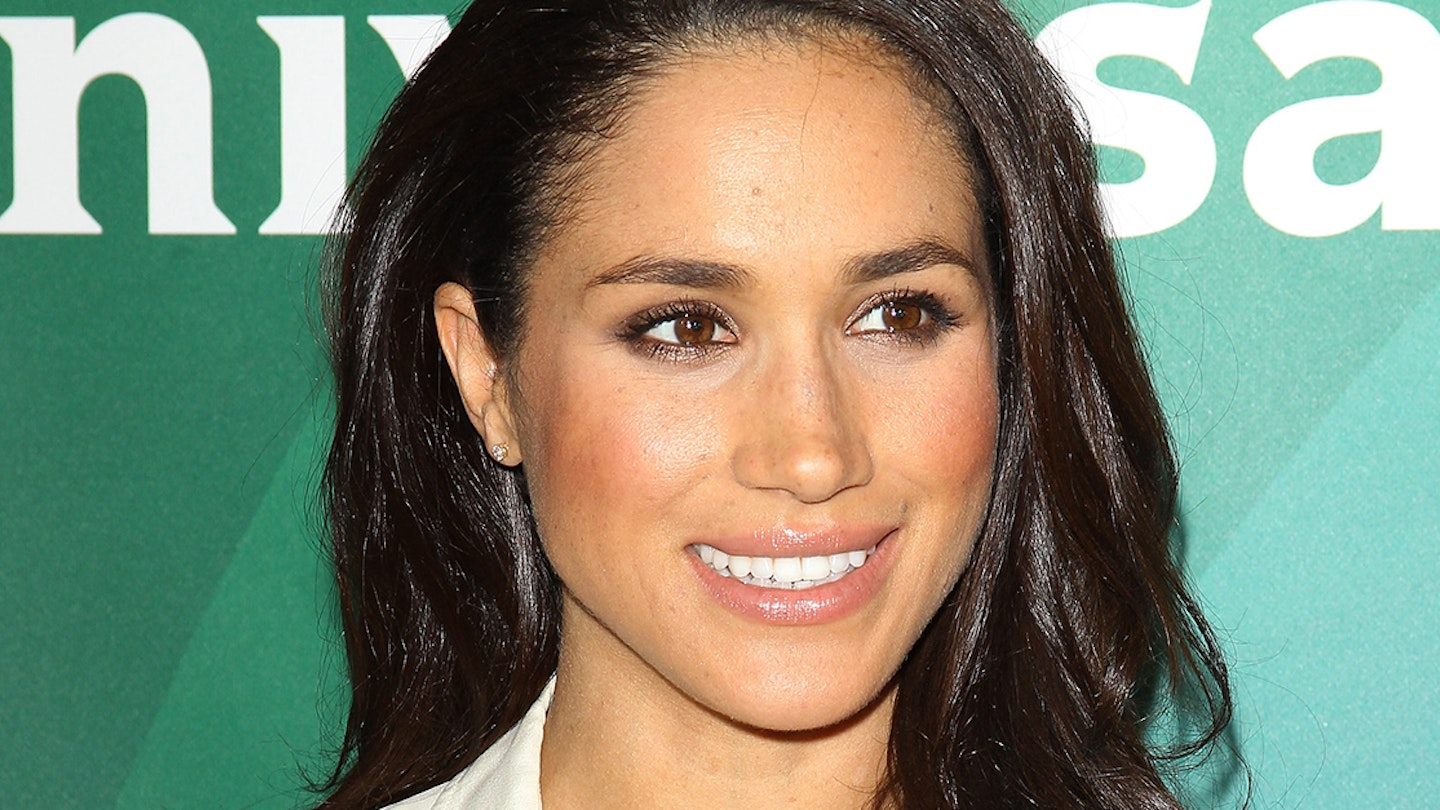When the content from Meghan Markle’s guest edited Vogue started to drop on the website yesterday, we were full of questions. How did the palace feel about her role in the September issue? Did the women on the front cover get to meet her? And most of all, when did editor Edward Enniful ask her to help edit the biggest issue of the year.
We don’t have the answer to any of the other questions, but we do know what the score is on the last one. Edward didn’t ask Meghan. Meghan asked him.
Writing in the issue, Enniful said: 'It began with an email received in the chilly depths of January. I was spending a few days in the Austrian mountains when a message arrived in my inbox out of the blue. The sender went by the simplest of monikers – “M” – and for a second I was confused, wondering who this mysterious, one-lettered correspondent could possibly be.
‘Then I got a text message. Would I, the Duchess asked, ever so politely, consider co-editing a special issue of Vogue with her, to highlight all the brilliant female changemakers who have made a laudable impact in recent times, and who are set to re-shape society in radical and positive ways in the future?’
Even for a real life princess, asking the editor of Vogue whether you can co-edit with him on the year’s biggest issue is a ballsy move. One which we could all take a note of.
The statistics about women refusing to be bolshy in asking for what they want are overwhelming. For instance, research has found that women are only likely to apply for a jobif they meet 90% of the specified criteria, whereas men will apply if they meet 40% of them.
Research published in Linda Babcock’s book Women Don’t Ask states that only 7% of female graduates will attempt to negotiate on their starting salaries and because of that, the average male starting salary was 7.6% higher – which works out as over £3,000 a year.
Again, women do around 60% more unpaid domestic labour (housework) than men, because women don’t feel able to ask their partners to do their fair share, for fear of ‘nagging’.
According to a survey by Zarva, 68% of women have faked an orgasm, rather than admitting that they haven’t come and asking their partner to help them out.
In short, our inability to ask for what we want is holding us back from having more money, more power, more sex and less housework.
Asking for what you want isn’t always easy.
In her own letter in the issue Meghan acknowledges that it wasn’t a small ask, writing: ‘So I asked the question. Actually, I typed and deleted the question several times until I built up the courage to ask the question in question.
“Edward… instead of doing the cover, would you be open to me guest editing your September issue?”
She goes on to write: ‘…I know how important the September issue is for the fashion industry. I realise the reach, and I see the opportunity to be a part of fashion’s push for something greater, kinder, more impactful. But I am also a little nervous to be boldly asking the editor-in-chief, whom I’d only just met, to take a chance on me…’
Similarly, actress Gwendoline Christie decided, after HBO didn’t put her up for an Emmy nomination this year, that she would put herself forward. Her move paid off and she found herself nominated for the prestigious acting award.
Asking isn’t always easy, and no one is pretending that it is. As women – especially as British women – we’re not raised to be confident. Instead we are brought up to stand at the back and not make too much fuss. Meghan’s ballsy move of asking Edward Enniful to let her share the most prestigious job in fashion for a month might be born of the kind of Californian confidence that we can only dream of, but it worked.
There is no suggestion that we should all put a note in the post to Enniful and ask him if we can do the December issue, but there is a lesson in Meghan’s bravey, and in Gwendoline’s. There is nothing wrong with asking.
What you or I ask for might (read: definitely will) be less prestigious than an Emmy or an issue of Vogue. It’ll probably be a small pay rise, or a boyfriend who changes the sheets occasionally. But those little changes add up to a bigger one. The sooner we start believing that we are allowed to ask for what we want, the quicker we will improve our lives.
As old saying goes: you don’t ask, you don’t get.
